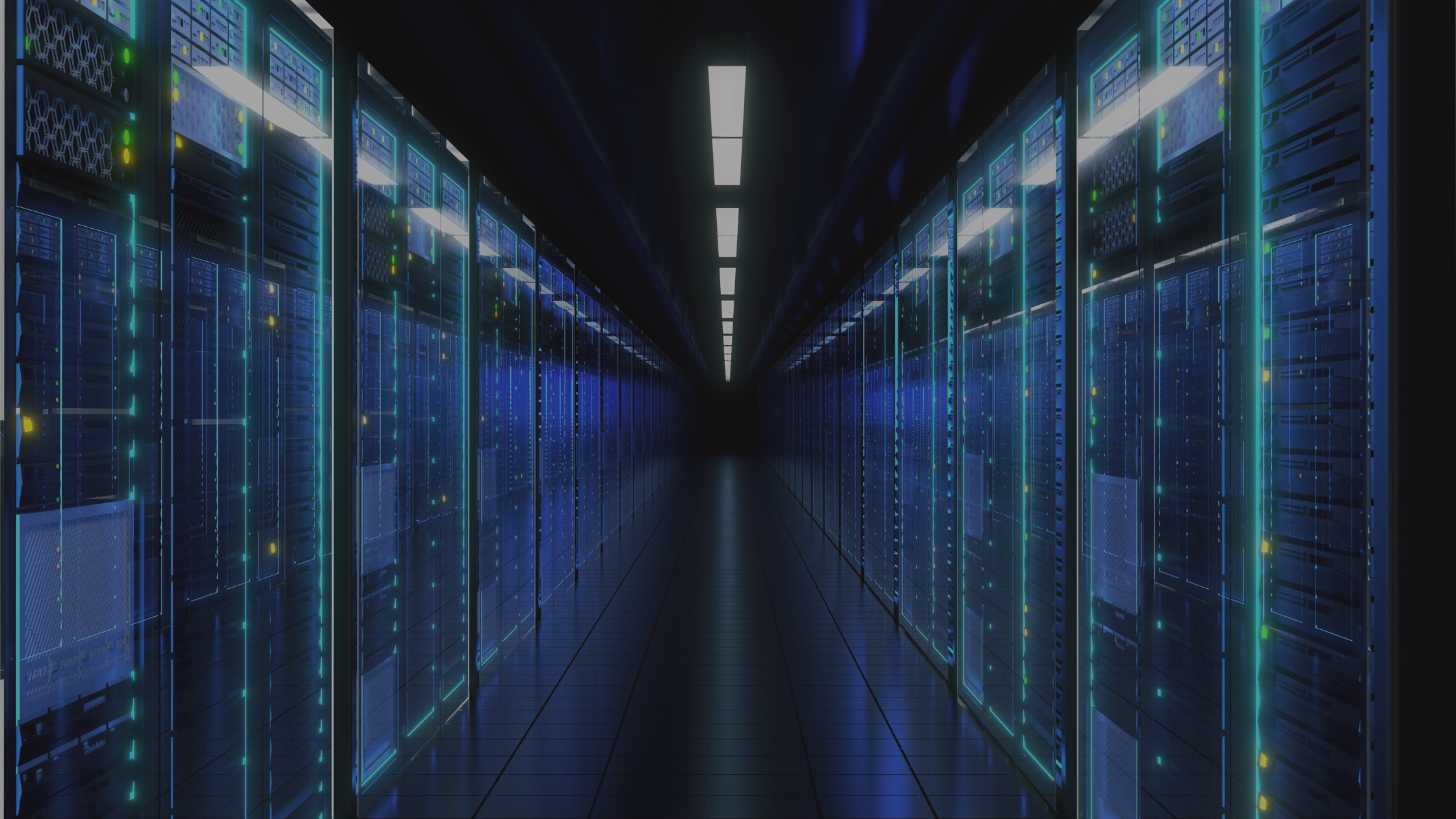Stay tuned for part 2 focusing on Disaster Recover next week, and don’t forget to subscribe to our blog.
What is the difference between a business continuity plan and a disaster recovery plan? The key difference is that a disaster recovery plan focuses on restoring IT infrastructure after a disruptive event. Enabling your business to restore its mission-critical data.
A business continuity plan is something that all businesses should have in place as it details the necessary components and data that will keep your business running. This plan ensures your business is prepared and is able to continue to operate in the event of a disruption or if a workplace becomes inaccessible.
Today, the question is not if but when you will need business continuity services. It’s an unpredictable world and safeguarding your business is essential as disasters could impact your business at any time.
What happens if an disaster keeps all your employees at home for several days to months? What happens if you no longer have access to your IT resources?
It’s better to stay one step ahead, especially in today’s data-driven world. All businesses rely on technology, connecting to customers, services, and partners to manage, distribute and exchange data worldwide. Ensuring access to applications and data following a disaster is critical.
A business continuity plan outlines procedures and instructions that businesses must follow in the face of a disaster. Topics to consider in your plan include:
– Natural disasters, such as hurricanes, floods, and tornadoes
– Risk of human error
– Breaches or cyberattacks
– Power outages
– Global pandemics
A business continuity plan covers business processes, threats, assets, internal and external stakeholders and more. Establishing infrastructure redundancy is crucial to business continuity.
The key advantage of having a business continuity plan is having a plan in place before any disaster strikes. This will not only save you time but prevent you from having major financial losses. The cost of downtime is enough to cause some companies to go out of business. Another benefit is that employees are aware of their roles and responsibilities in the event of an unexpected disaster.
A business continuity plan ensures your business can continue with minimal interruption. When coupled with a disaster recovery plan, it ensures that all data and technology is accessible and recoverable. When it comes to business continuity, it’s crucial to stay one step ahead. ColoHouse’s disaster recovery checklist takes you through the key points to consider in the event of a disaster.
Ensuring Business Continuity
There are several options available to businesses seeking to protect themselves in the event of a disaster, such as cloud, colocation or managed services. Need help with a plan for your business? Our experts are happy to help! Please contact us on +1 305-731-2225 or fill in our contact form.















